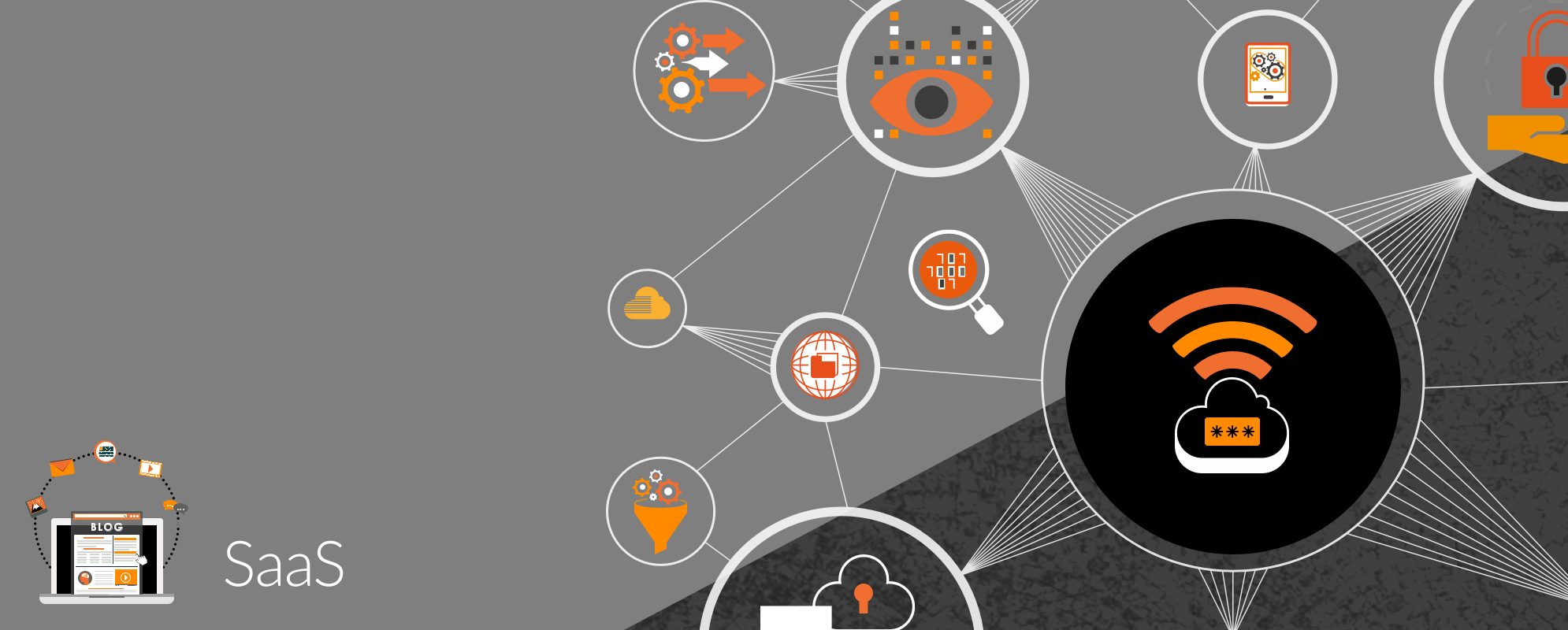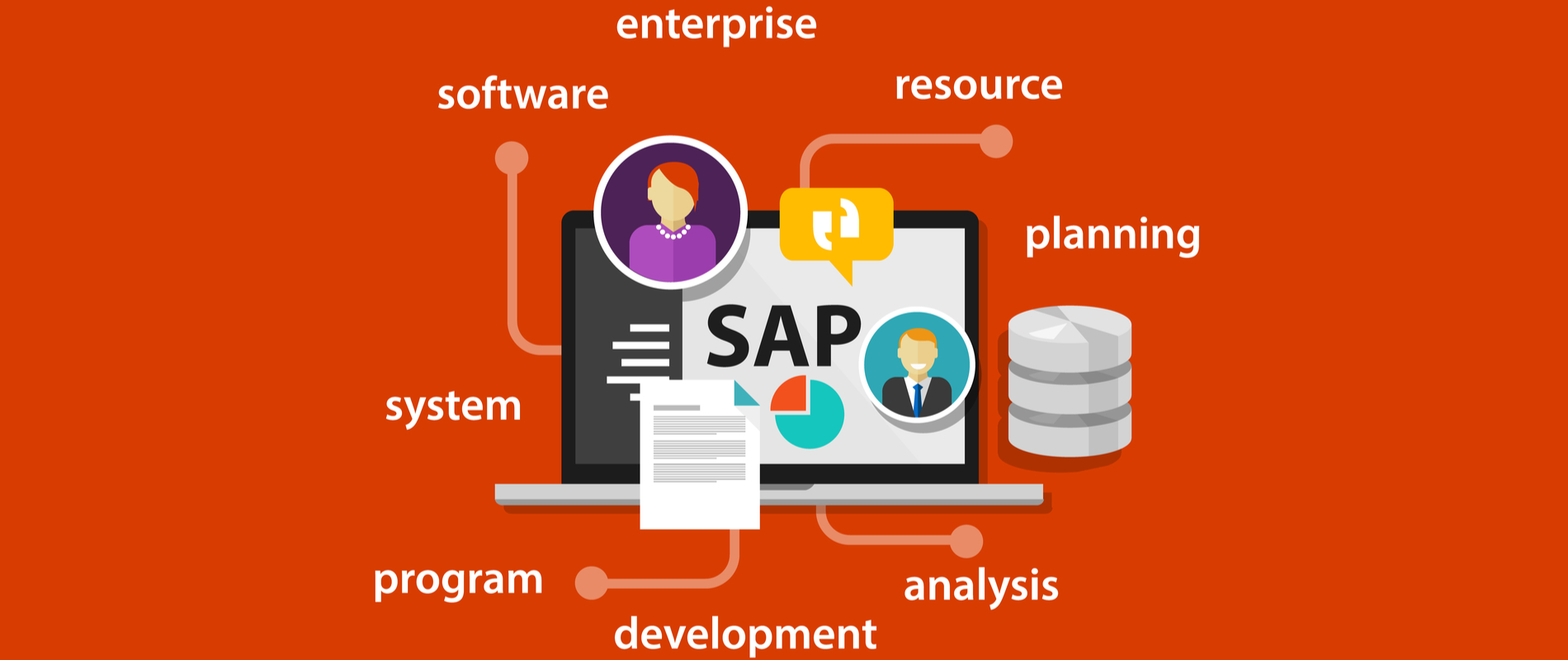Get weekly
HubSpot updates
Selling software as a service isn’t easy.
As a consultative sales process, it requires time, patience and plenty of legwork from the sales and marketing team.
Fortunately, there are plenty of experts on the subject of how to sell software. Let’s start with ourselves…
‘You need to determine how much you’re willing to pay for a lead.’
Okay, yes. I’m quoting myself. While it may be slightly egotistical to reference myself, it doesn’t make the statement any less true.
Before you start generating leads, the most important step is to work out exactly how much you can afford to spend per lead. If your software costs £5,000 and you convert one in ten leads, a cost per lead of £501 will see you running at a loss. You’ll pay £5,010 to earn £5,000.
Check out the article for a more detailed breakdown of this, as well as four other secrets to SaaS marketing success on Google Ads.
‘Get feedback before investing too many resources.’
It’s crucial to take on user feedback at every stage of your software’s development.
Whether you’re only just launching or adding a new feature, you need to know what your users and prospective users think.
“Mock up the simplest version of what you’re offering, get it in front of people and get their brutally honest feedback,” Phil Sharp, senior marketing manager at UserTesting.com told CIO.com.
“This will help you improve your product early and save you thousands of dollars down the road."
‘Stop selling products and start selling solutions.’
VP of marketing at Zibtek, Amit Ashwini, makes a great point in this article.
“People contact you or check your webpage when they have an issue they need solved.”
The point Amit’s making is that people often don’t know what they need or want. They’re experiencing a problem or symptom of a problem, but if your marketing only sells your software’s features, they might not be able to link the two.
“To make selling a conversation that is ongoing, involves user needs, you have to ask the right questions,” says Amit.
“Questions will also help you figure out how close they are to buying, making the entire journey easier to track in a CRM.”
‘A good sales rep… focuses on the strengths of their own product.’
In an article for Medium Arsh Sidhu, a senior ecommerce manager at ASYSTEM, discusses some misconceptions he held about sales when he started in a role with Shopify.
One that resonated with me was around focusing on your own strengths, rather than highlighting the weaknesses of competitors.
“A good sales rep doesn’t talk about the weaknesses of its competitors (even when asked), but instead focuses on the strengths of their own product,” says Arsh.
‘For 99% of startups, trials shouldn’t be any longer than 14 days.’
It might seem counterintuitive to limit the length of your free trial—after all, you want the user to identify the value of your product—but a long trial could be doing more harm than good, according to CRM providers Close.com.
They provide three reasons:
- Most people don’t use free trials for the full duration.
- Users take a short trial more seriously.
- It lowers customer acquisition costs.
‘Sales success is dependent on your ability to follow up repeatedly.’
We’re staying with Close.com for our next tip: follow-up repeatedly.
“If your prospect has ever expressed an interest in your product, follow up forever,” they say. The article also suggests a 14-day email plan for you to follow to get more success from your follow-ups.
'Be their partner along the journey, guiding them from the basics to more advanced capabilities.'
We’re finishing up with Neil Patel, one of the foremost experts on SaaS and, well, pretty much everything to do with digital marketing.
“The needs of your customers evolve over time, and, with every new product or service, there is a learning curve,” says Neil. We need to act as their “partner along the journey, guiding them from the basics to more advanced capabilities.”
Neil also looks at an example from a Sage One free trial which included a sequence of four emails “providing different tips, each inviting me to a webinar and informing me of different types of features.”
Looking for more expert advice on selling software as a service? Get in touch with the SpotDev team or download your SaaS marketing strategy guide below.

